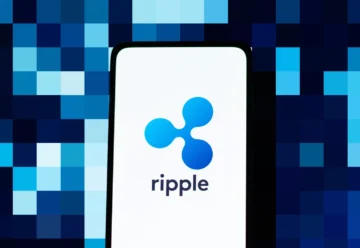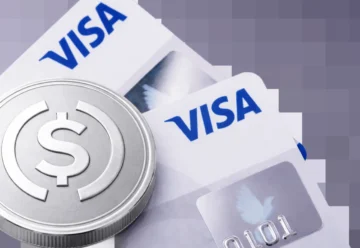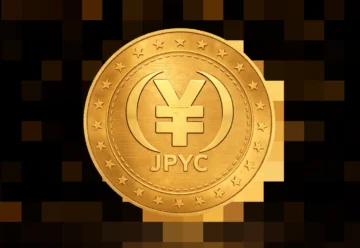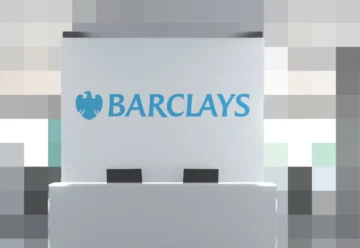XRP Payment Program Launched in U.S. for Independent Pharmacies

Wellgistics Health introduced XRP-based payments for more than 6,500 independent pharmacies, giving sector participants access to instant settlements without banking intermediaries for the first time.
U.S.-based Wellgistics Health, one of the largest distributors and digital operators in the pharmaceutical industry, launched the XRP Implementation Program in partnership with the RxERP platform. The solution enables pharmacies to pay for goods and transfer funds in real time with minimal fees, eliminating delays and the need for traditional banking or card networks.
The program is aimed at independent pharmacies and is already available in beta. Key benefits for participants include:
- near-instant transaction confirmations;
- full availability 24/7;
- reduced costs by removing bank and acquiring fees;
- improved working capital efficiency through faster access to liquidity and inventory replenishment.
All payments are trackable in real time and are processed directly between pharmacies and distributors without intermediaries.
Independent pharmacies are organizations that aren’t part of major pharmacy chains or franchises. Often, they operate as standalone businesses, such as neighborhood or family-run pharmacies, serving local communities.
Wellgistics Health services over 6,500 independent pharmacies and more than 200 manufacturers across the U.S., paving the way for broad adoption of the new system. Integration with RxERP ensures secure, encrypted, and fully compliant payment processing, including adherence to HIPAA and AML standards.
The next stage will involve connecting pharmaceutical manufacturers, enabling direct blockchain transactions, as well as launching a Direct-to-Patient (DTP) program. These initiatives will allow medications to be delivered directly to patients while maintaining oversight by doctors and pharmacies.
“Pharmacies deserve a payment system as fast and responsive as the care they provide,” said Tony Madsen, COO of Wellgistics Health. According to company leadership, the adoption of XRP in pharmacy financial processes is only the first step toward a large-scale transformation of healthcare payments.
In November 2024, U.S. convenience store chain Sheetz, one of the largest in the country, began accepting crypto for goods and services.











